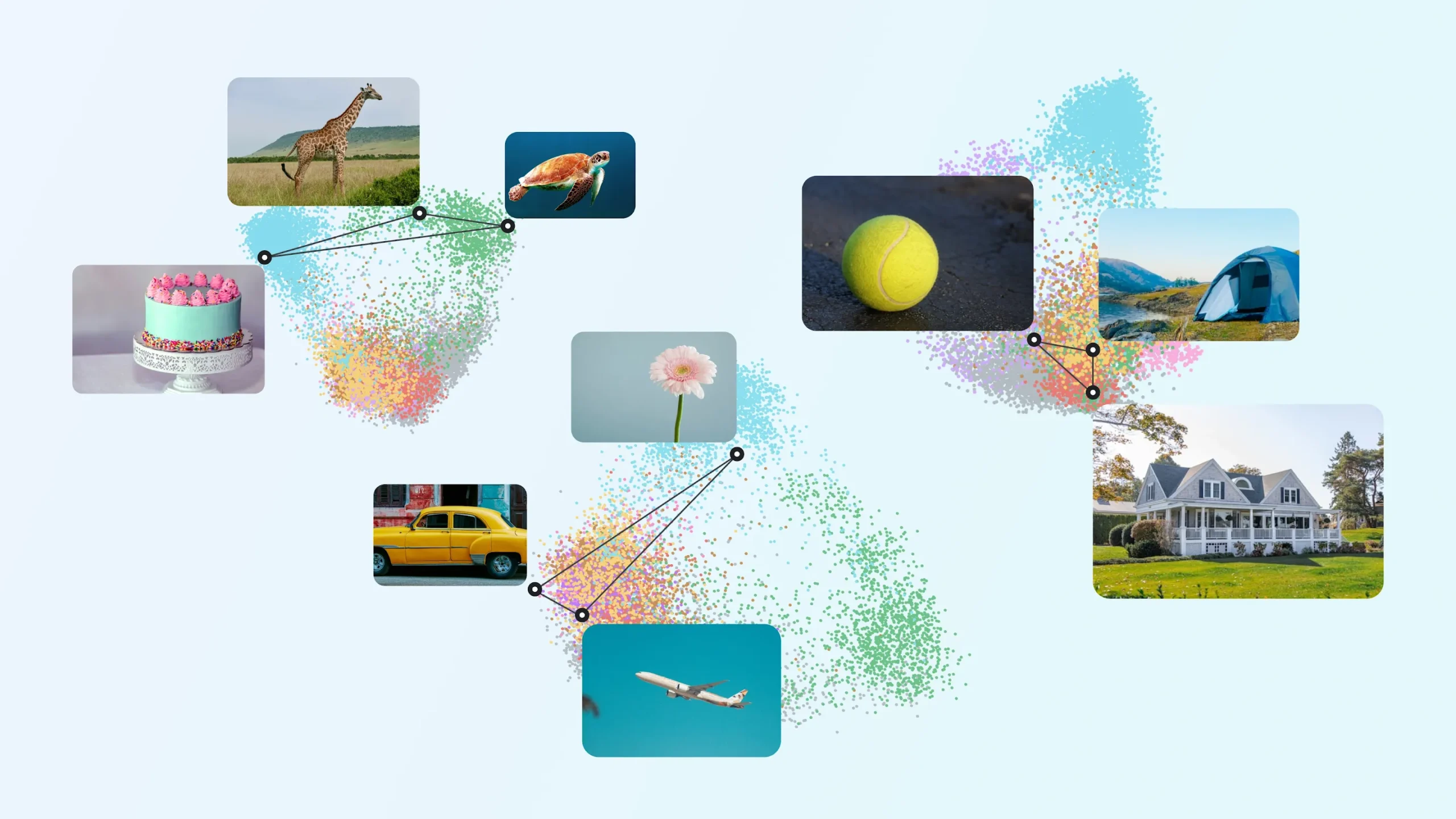Read full article about: Google releases updated version of Gemini Live
Gemini Live gets its biggest update yet. Google says its voice-based AI is now faster, more expressive, and capable of speaking with different accents. Users can also control the speed of its replies. The new update is also said to improve language learning and pronunciation practice.
The company first teased the update back in August during its Made by Google event.
Read full article about: Google introduces Private AI Compute to protect user data during AI inference
Google is introducing a cloud-based system called Private AI Compute designed to protect user data during AI processing. Jay Yagnik, Google's Vice President of AI Innovation, said the technology runs tasks inside an isolated environment that no one - not even Google - can access.
The system uses Google's own TPUs along with Titanium Intelligence Enclaves for encrypted data handling, building on the company’s existing privacy and security framework.
Early applications appear on Pixel devices, including Magic Cue and the Recorder app, which now supports more languages. The goal is to let Gemini models deliver their full performance without exposing personal data. Google has also published a technical brief outlining the system's architecture and privacy safeguards.






